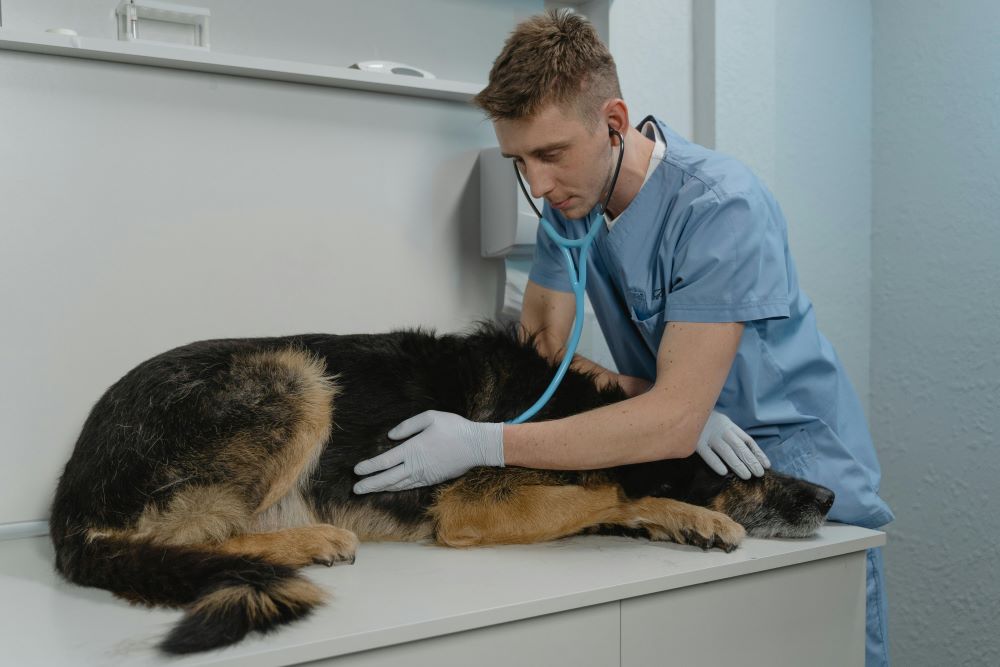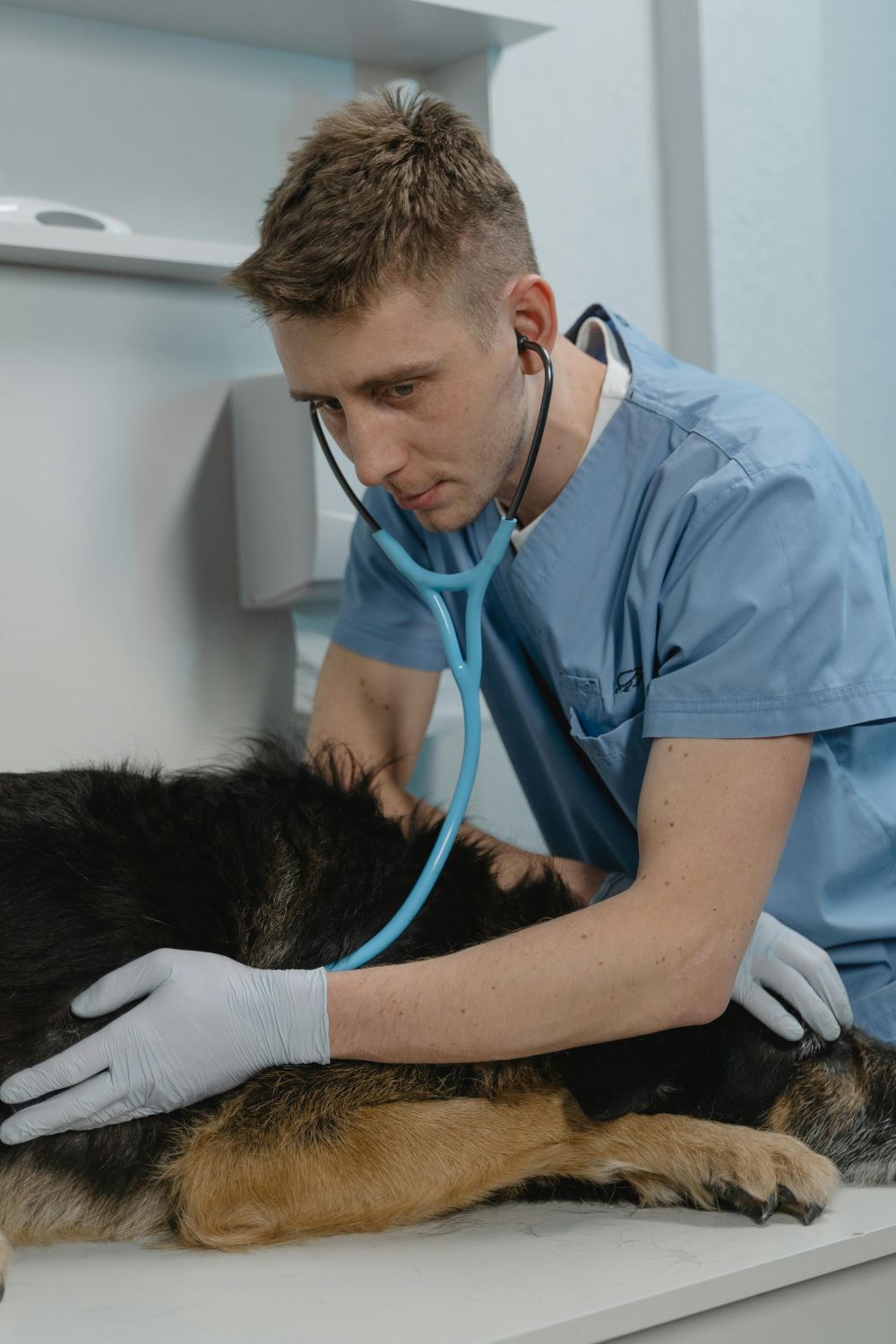With long hours and tough work, the mental health of many animal doctors is suffering.
The mental health crisis has left no one untouched over recent years. People in all walks of life have been impacted, but some more than others. Specifically, some professions seem to be more vulnerable to the impacts of mental health concerns, especially those that are particularly demanding and offer little downtime for self-care. As a veterinarian has recently highlighted on World Veterinary Day, those who workday after day caring for animals of all types tend to be particularly at risk for mental health concerns. This might not be a profession that most people think of first when considering mental health challenges, but the specific demands of the job seem to lead to such issues for many professionals.
There is perhaps no more serious way to measure the impact of mental health conditions than through suicide rates. Obviously, all mental health issues are worth attention, but those that are serious enough to rise to the level of suicide are even more deserving of immediate intervention. When looking through this lens, female veterinarians are at a significantly higher risk of suicide as compared not only to other medical professionals, but also to the general public. And, since the majority of those in the veterinary profession are women – around 70% – it’s particularly worrisome that their suicide risk is so elevated.

It’s hard to say precisely why this risk is so significant, but it seems likely that the nature of the job is at least partly to blame. A healthy work-life balance is hard to achieve, with many veterinary professionals working long hours throughout the week, and sometimes being on-call even when they are out of the office. Not only can the long hours be a cause of stress, but there is also the guilt that comes along with missing out on family activities as a result of those hours. This is something that is more common in women than men, only adding to the problem. Additionally, there are factors such as having to euthanize pets and dealing with difficult clients that add to the stress of the work.
There isn’t going to be any easy answer to this problem, but creating organizations that are designed to offer assistance – like Not One More Vet – will be helpful. These kinds of organizations not only make help available, but their existence alone helps vets who are struggling to understand that they aren’t alone and that many of their peers may be having a similar life experience.
There is no reason that veterinarians, or people in any other profession, should have to suffer due to the work they do. Yes, there are challenges to the job, but those challenges should be counteracted by a supportive and helpful community that comes together to provide the assistance that is needed for each individual. As more and more attention is paid to mental health, and more people are willing to speak about their struggles, improvements should be coming.
Sources:
I’m a veterinarian — the profession is facing a mental health crisis
The mental health pressures of being a veterinarian
Mental health in the veterinary profession: an individual ororganisational focus?


Join the conversation!